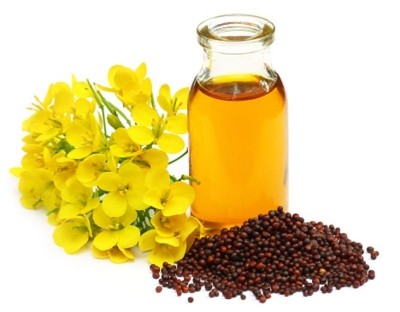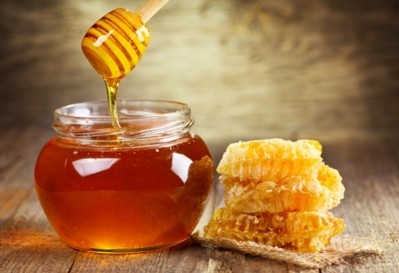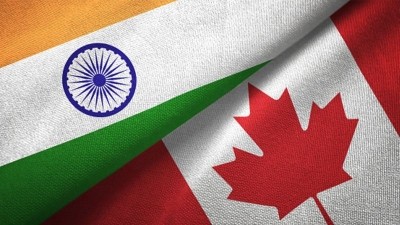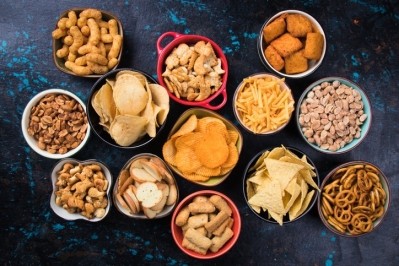Slippery situation: Indian regulator failing to curb spread of margarine-butter fraud
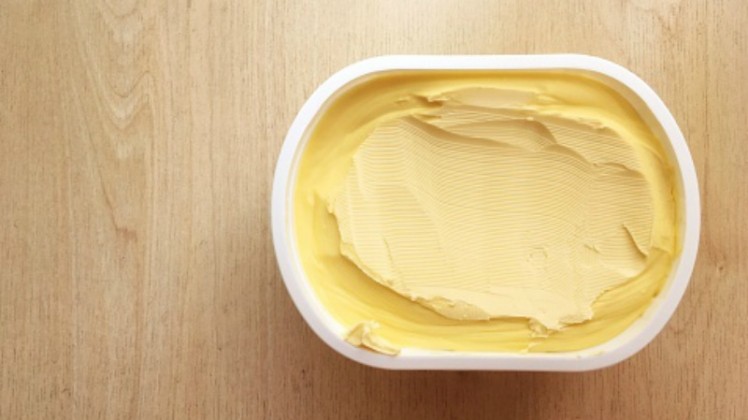
The situation was brought to light after Union minister Nitin Gadkari wrote to Prime Minister Narendra Modi at the behest of local dairy farmers protesting that the widespread use of margarine instead of butter in the foodservice, food processing and food manufacturing industries was eating into their livelihoods.
In the letter, made public on Mid-Day, Gadkari urged Modi to order FSSAI to examine the ‘harmful effects of margarine’ and look at imposing a ban or restriction on it ‘like in many other countries’.
“A campaign to educate consumers about the differences between [butter and margarine] and the associated health impacts is also needed, [in addition to] adequate labelling whenever margarine is used so that consumers can make informed choices,” said Gadkari.
"[The undisclosed use of margarine in place of butter] is a violation of consumer rights and has a negative impact on dairy farmers as margarine is low-priced.”
Butter, as a dairy product, is much more expensive than margarine which is primarily made from fats, oils and flavourings. Both are visually similar to the untrained eye and virtually undetectable when used as a spread in foodservice situations, or when used as an ingredient during food processing or manufacturing.
Margarine is generally accepted to be much unhealthier than butter due to its high trans fat content, whereas butter has a better reputation due to its dairy-associated benefits.
Modi’s office later said that FSSAI had replied with a clarification statement – but upon closer perusal, a good chunk of this was dedicated to a rehash of existing rules governing trans fats levels in margarine, which have been in place for several years and obviously not helped to prevent the current situation.
“FSSAI has clarified that limit of trans fats is fixed at not more than 5% in bakery and industrial margarine, [whereas] the process is on for reducing the limit of trans fats in edible oils and fats to not more than 3% by 2021 and not more than 2% by 2022,” said the statement.
The issue here is that the 5% trans fats limit has been in place since 2016, and the phased reduction to 2% has been in motion since 2018 – so it can be observed that these limits have done nothing over the years to stop the use of margarine to imitate butter.
In addition, FSSAI also said that it would be ‘amending current regulations to specify margarine as a dairy analog’ and add labelling requirements such as a ‘This Is Not A Dairy Product’ statement and logo to highlight these on the margarine package label – but again, there is a significant loophole here.
The current issue does not lie with margarine being mistaken for butter at the point of purchase, but the purposeful purchase of margarine and its use instead of butter in manufactured products.
FoodNavigator-Asia has reached out to FSSAI for clarification on any further steps it intends to take beyond those in the statement to remedy the situation, but the agency has declined to comment as of time of publishing, saying that they are 'in the process of finalising regulations for trans fats', and would only comment after this.
Concerns up and down food chain
The substitution of butter with margarine has implications both up and down the food supply chain where dairy farmers are being affected by a loss of income due to this fraud, whereas health would be the issue for consumers.
According to Maharashtra Animal Husbandry and Dairy Development minister Sunil Kedar, who previously also petitioned for a resolution to the margarine-butter issue, the dairy industry has suffered a 25% to 30% loss of revenue due to margarine substitution.
“This [is] harming dairy farmers in the state who are already impacted by the loss of revenue [from COVID-19],” Kedar told Dailyhunt.
From the consumer health end, health experts have also long advocated for less margarine consumption due to the high trans fats levels.
“Margarine is like fake butter which is produced artificially. They may end up using a mix of low-quality oils to reach stability. Butter may have more calories yet it’s natural and healthier,” said New Delhi nutrition expert and medical doctor Dr Shikha Sharma to NDTV.
Butter adulteration
In India, butter is priced at around INR45 (US$0.60) for 100g, whereas regular margarine can be found for as low as INR20 (US$0.27) per 100g.
Adding on to the industry’s issues is direct butter adulteration, which has also been a significant problem in recent years, not only due to high rates of milk adulteration, but also entire rackets specialising in producing counterfeit butter.
An extreme example saw 1,000kg of adulterated butter packaged with the label of popular local brand Amul confiscated from a single racket in Mumbai in 2018.
